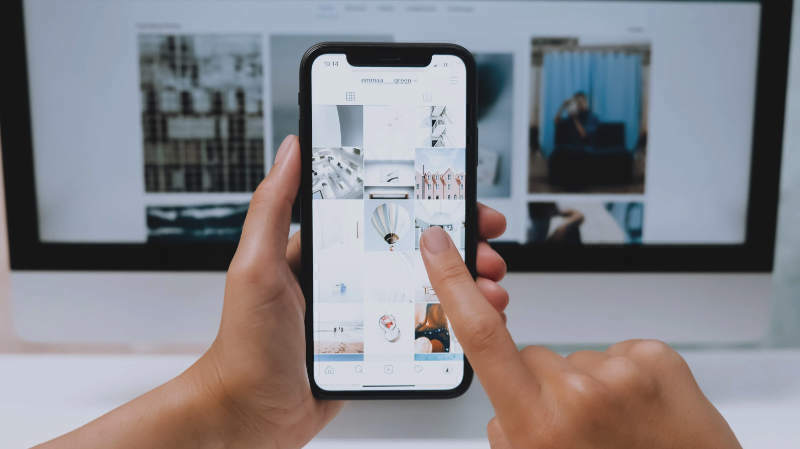
The UX Design Role is Evolving – Here is How
Technology is vital to our everyday lives. Thanks to innovation, our devices are no longer lone wolves. Instead, they can interact with each other, making our homes smarter and our daily activities easier.
Smartphones are a hub of activity that enable us to control many aspects of our lives at the tap of a button. More features have been added, meaning they can be used for almost anything.
But is the user experience for our devices always as good as it could be? Would it be better to enhance individual devices to make them a master of one function, rather than a jack of all trades?
As new technology is introduced, new products quickly follow. And as one product or solution is created, others are improved or developed to complement or replace them. New products have an impact on societal norms, creating fresh opportunities for innovation.
The importance of privacy
How great would it be to hop on a plane to find that you are already logged in to iTunes, Amazon Prime and Google Drive?
Sounds good, but you would want reassurance that the system would log you out and forget your data upon leaving the plane too. So when it comes to UX, privacy is a major barrier to creating a seamless user experience across multiple devices.
The role of the UX designer
Technological innovation is a constant cycle – and in recent years it has been spinning faster than ever. But just because you can do something, it doesn’t mean you should. Clients are often distracted by new possibilities. That means they forget to think about functionality and purpose. UX designers must steer them in the right direction by creating products that make a positive difference.
UX designers must identify and act on new opportunities quickly to keep up with fast paced changes in technology. The most valuable UX professionals bring ‘soft’ human-centered skills to the design process. They understand human nature and what makes people tick. They apply this knowledge to create meaningful, valuable experiences.
UX designers must use empathy to create engaging narratives, whilst using ethical design methods to develop better products. They must also recognise the new pain points that can occur when using new technologies and products.
The travel industry provides a great example. Online holiday websites meant customers stepped away from high street travel agencies. This cut out the middleman, helping people to get a better deal. But apps like AirBnB have further improved the UX for booking a getaway. Sleek, user-friendly and visually appealing, the app enables users to book experiences and extras, tailoring the holiday to make it more meaningful.
Artificial Intelligence
As the world becomes better connected, artificial intelligence will play a major part in making our everyday lives easier. It will learn about our daily activities, prompting us with relevant suggestions according to the time, location and individual preferences.
Your smartwatch will ping to tell you it is time to leave for your meeting. When you get to the car, it will be at exactly the right temperature, taking into consideration the weather and your distance from the car. The navigation system will be ready to go, with the destination set up and a parking space reserved and paid for.
Some parts of this scenario are already reality. But in the future, AI will automatically know what you need, when you need it. It will enable appliances to interact with each other in a meaningful way. That means the UX designer will need to prioritise this at all stages of the design process.
The bottom line
In a world dominated by technology, UX professionals might find it difficult to resist the temptation of new trends. But if they want to stay at the top of their game, they must always balance human-centered design skills with UX technology.
